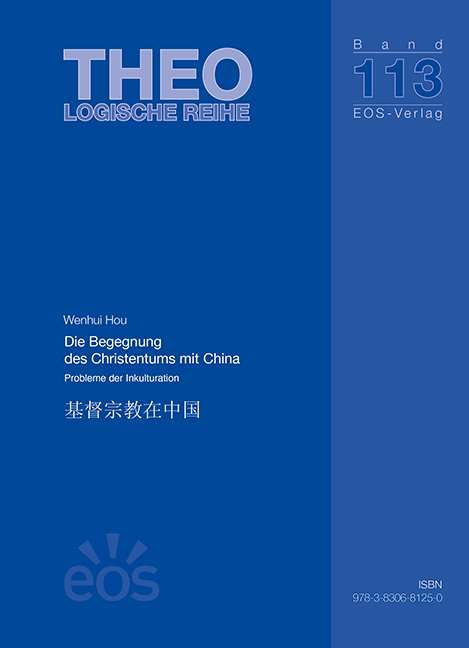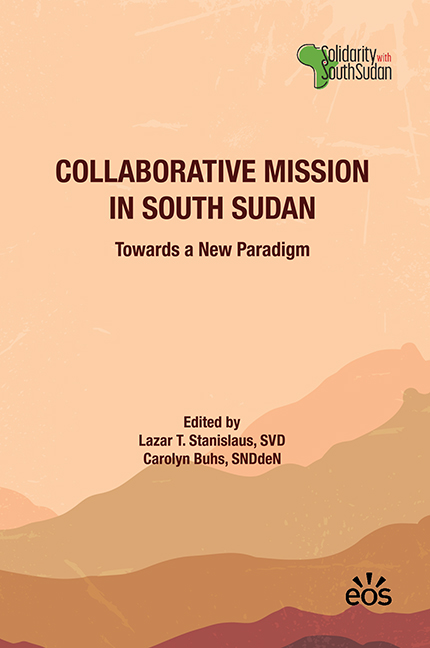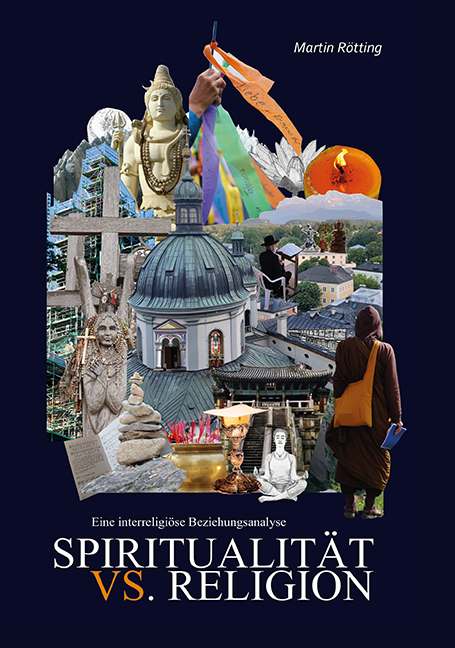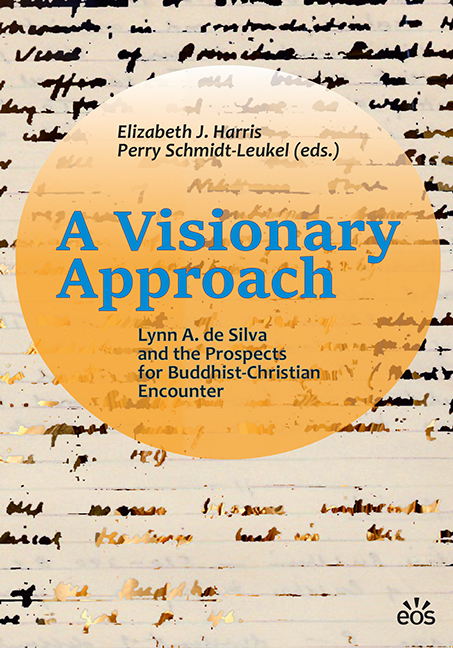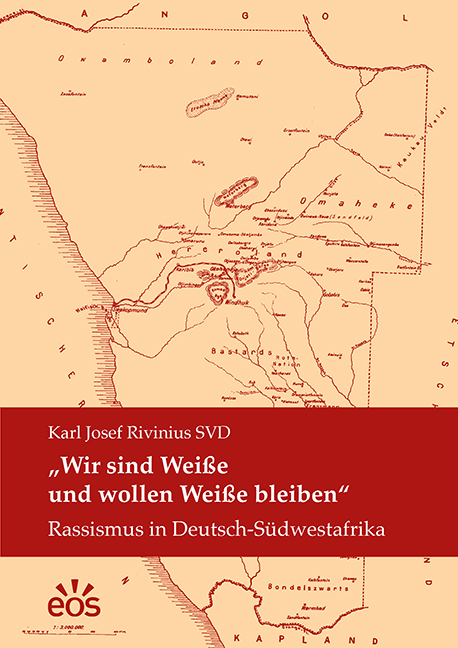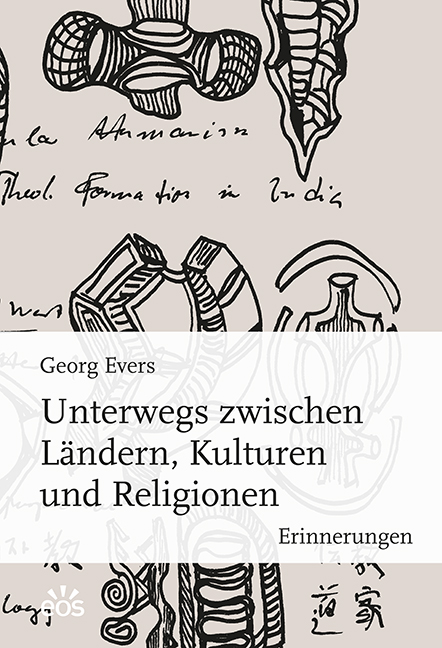Missionswissenschaft und Interreligiöser Dialog
Collaborative Mission in South Sudan
Towards a New Paradigm
Spiritualität vs. Religion
Eine interreligiöse Beziehungsanalyse
Collaborative Mission in South Sudan (ebook)
Towards a New Paradigm
A Visionary Approach
Lynn A. de Silva und the Prospects for Buddhist-Christian Encounter
„Wir sind Weiße und wollen Weiße bleiben“
Rassismus in Deutsch-Südwestafrika
Unterwegs zwischen Ländern, Kulturen und Religionen
Erinnerungen
Wir erleben mehr, als wir begreifen
Studien zur Bedeutung und Interpretation des mystischen Weges der Leere und Fülle in fünf religiösen Traditionen
The relation between reason and revelation according to Averroes and Thomas Aquinas
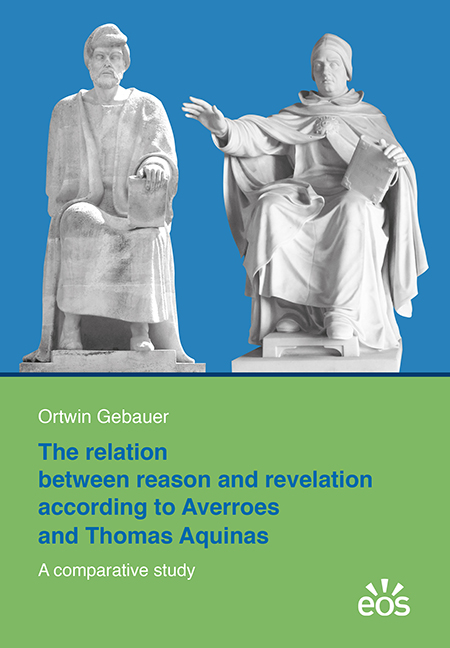 Cover-Download | The harmonisation of reason and faith was for Averroes the main scientific challenge whereby Aristotle served him as a key philosophical point of reference. Whilst Averreos followed Aristotle to a large extent, Thomas Aquinas attempts to make use of Aristotle‘s work in a different manner for his own philosophical-theological model whilst still referring to Averroes. For the two philosophers reason and revelation attain a singular synthesis which is, however, not completely tension-free. In this study Averroes is praised as a congenial thinker of scholarly topics. Thomas‘ handling of islamic-arabic philosophy proves to be an example worthy of attention of intercultural philosophical discourse which can serve contemporary Western-world philosophy projects as a valuable point of reference.  |
Meditation
in Buddhist-Christian Encounter: A Critical Analysis
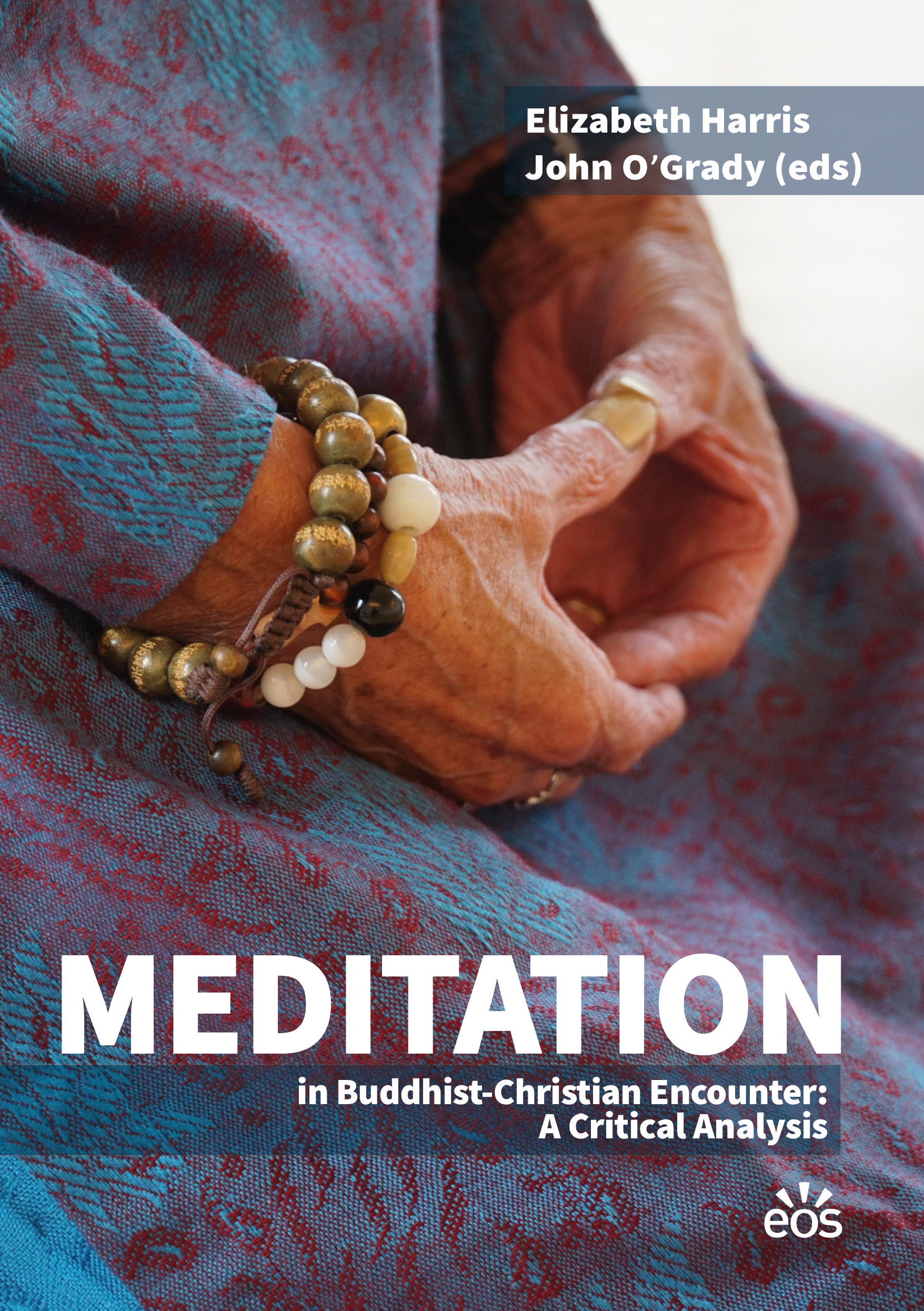 Cover-Download | In the last fifty years, Buddhists and Christians have come together in inter-monastic exchange, joint meditation retreats, dialogues concerning the relationship between meditation and social action, cross-tradition pupil/teacher relationships and joint academic explorations into the parallels between Buddhist and Christian spiritual practice. The practice of meditation has been important in all of these encounters and has become one of the most significant ‘grounds for meeting’ within contemporary Buddhist-Christian relationships. This book critically analyses the role in Buddhist-Christian encounter of the variety of practices embraced by the term ‘meditation’. The contributors use the academic tools of historical inquiry, sociology, cultural studies, philosophy and comparative textual study. The result is an interdisciplinary contribution, which takes the religious experience of those involved in Buddhist-Christian encounter seriously, without reifying it above its cultural and socio-political contexts. With contributions by: Ursula Baatz, Karl Baier, Thomas Cattoi, Elise DeVido, Sybille Fritsch-Oppermann, Elizabeth Harris, Leo Lefebure, John Makransky, Andreas Nehring, Thao Nyugen, Robert Sharf, Sarah Shaw, Elizabete Taivane, Nicholas Alan Worssam.  |


